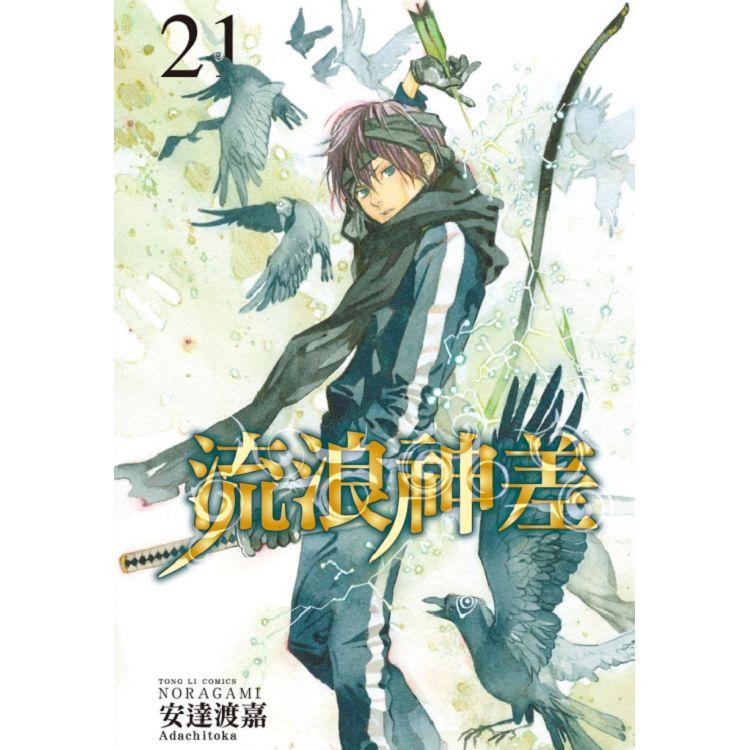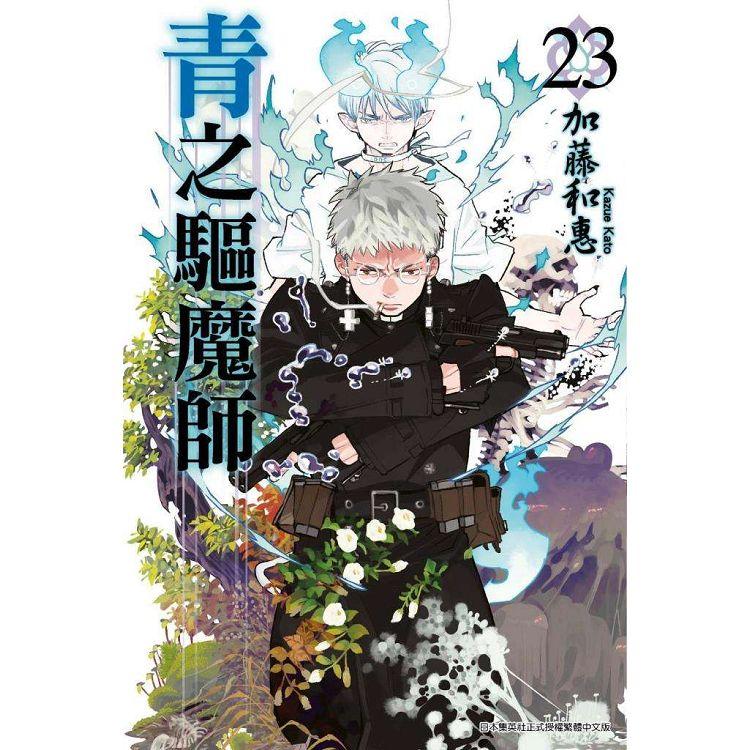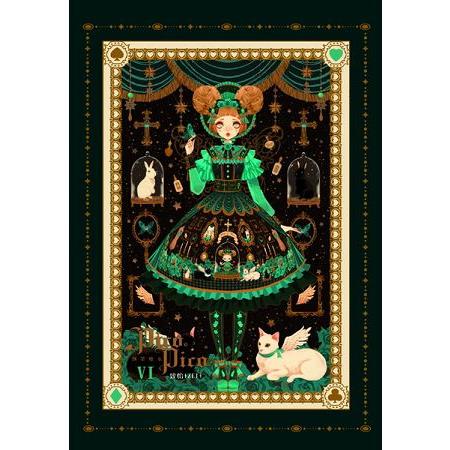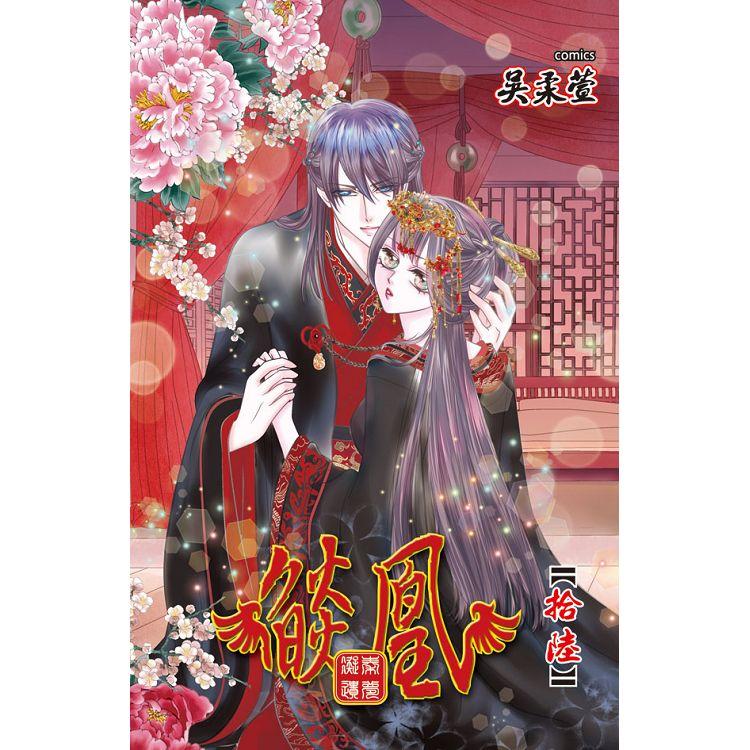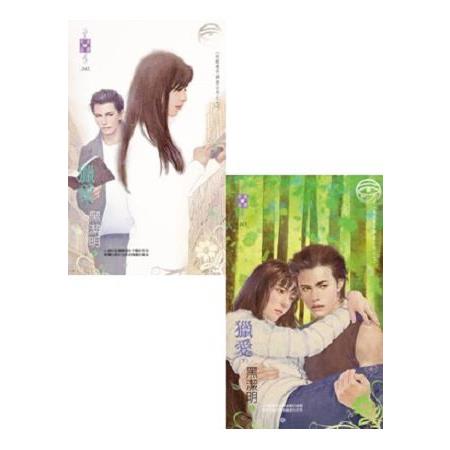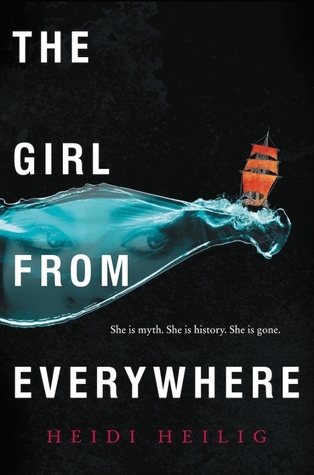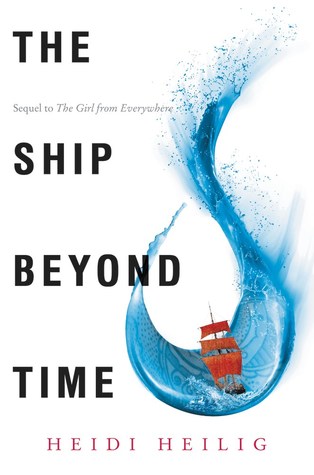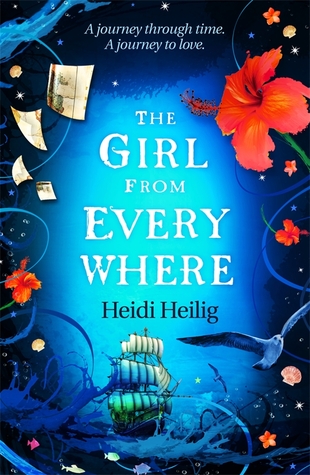Last modified on: April 18, 2017 (prior to actual publication)
First completed on: September 27, 2020 (actual publication)
Written content in this post updated on: September 28, 2020
J-drama official website: http://www.nhk.or.jp/pd/kamogawa/
J-drama art production page: http://www.asia-cc.jp/鴨川食堂/
Hi there! Again with another unusual dates to list at the above. I'm going to be completely honest here, everything below this first paragraph, sans the documentation of the Finale aka EP 8, had been last touched on 2017/04/18, as in, I was literally one episode short of finishing this blog post at least as of that day, for I very may well have actually been done by 2017/03/30, and just found some typos to correct. It'd remain a mystery and not of particular importance anyways lol. I think you can tell that by doing this comparison blog post, I became rather worked up lmao. The J-drama adaptation did add quite a huge chunk of backstory, which unfortunately to me was fairly off-putting, to the point that I never finished the final episode, until 2020/09/27, that is lol. Also note that, circumstances have changed during the timespan: When I first watched the show (EPs 1-7,) the 2nd installment of the novel series had not been translated into a language I understand, the publisher even told me there wasn't plan for it when I asked them on 2017/03/24. I belatedly realized sometime in 2019 that it had in fact been published in late 2018, and later went reading it. I felt it necessary to list out "first completed on," because what I'm sending out first would contain speculative statements I now can verify, just haven't gotten around to doing so. Letting this post continue to sit as draft isn't accomplishing anything, especially when I still find what I wrote entertainingly hilarious, and I honestly want people to read this breakdown lol. When I do get to update, you'll likely see
The J-drama actually adapted stories from both books 1 and 2 (鴨川食堂 & 鴨川食堂おかわり.) To be honest, I'm slightly confused as to why NHK BSプレミアム (flagship of the J-drama) thought it was necessary to swap around the order of the stories. I suppose it didn't matter that much, but I do vaguely remember that, in the novel, they'd sometimes drop statements such as how much money the previous cases surprisingly earned, so there most likely will be some very minor difference between the show and canon in that area, since the chronological order is different in both media.
Also, the wall of the hallway connecting the restaurant to its stairway, displays illustrations and notes of what can be presumed to be the cases Koishi and her father have solved. As early as EP 1, several dish that seemed to be taken from canon already appeared on the wall, including dish that could possibly be from the 5th story of book 2 and the 5th story of book 3 (鴨川食堂いつもの.) Since neither of those books have been translated in a language I can thoroughly understand (at the moment), I cannot confirm if they are precisely the same canon dish, only that the same type of dish are indeed found in canon.
During EP 2 (said dish also appeared in EP 1,) a close-up on the wall revealed a dish that highly resembled what's featured in the 3rd story of book 1, which apparently was not adapted into the series. I wonder why they chose to omit that particular story? Seems like a perfect waste of given source material, unless they find the plot utterly boring, which was why they turned it into a pre-exsisting case instead?
(Side-note: Ironically, after looking through the quotes taken from that particular case, I realized, it is in fact the only case I could not remember the backstory for the dish...)Not sure if they would do more seasons (since there're also more books,) but if they do, they'd better remember not to use the skipped stories, otherwise it'd either be admitting the show not airing in chronological order, or a production error.
I will probably have to eventually borrow the novel again. Sometimes it was less obvious to me who was investigating and who was preparing the food. Noting the J-drama version for now.
- The 1st episode is adapted from the 6th story of book 1.
- Food investigated and mainly prepared by Nagare. Koishi helped grinding the carrots.
- The 2nd episode is adapted from the 4th story of book 1.
- Food investigated by both Nagare and Koishi. Unsure who prepared the dressing. Koishi took care of the fried pork.
- The 3rd episode is adapted from the 5th story of book 1.
- Food investigated by Koishi, though she lucked out by encountering a kid who also wanted to go to the same restaurant, and who just so happened to carry a keychain provided by the said restaurant. Unsure who prepared the food.
- The clues for this dish was definitely changed; there was no mention of the giant red bottle. The explanation of what kind of pasta the client actually ate was also shortened to basically not being informative.
- Nagare's deduction as to why the client, Asuka, thought the particular dish was most memorable, was also omitted.
- In the novel, Nagare suspected it was the first time the then-5-year-old Asuka got to have her own meal and not having to share it with grownups; it was a sign as recognizing her as an individual.
- Note: I do not remember if Asuka herself was the one that admitted it being the first time she got to eat her own dish, but Nagare definitely concluded why he thought she'd hold the specific memory most dearly.
- I think they also followed up on what happened to the grandpa after he ate the food in question (don't remember it from the novel). I also think the show gave us additional details on the characters, for I honestly don't remember knowing the family members' occupations.
- The 4th episode is adapted from the 1st story of book 1.
- Food investigated and mainly prepared by Nagare. Koishi helped finishing the final steps.
- Correct me if I'm wrong, but I believe this episode contains a hella lot of original backstories, unless they are adapted from scenes from the sequel books I haven't read.
- I honestly do not remember Koishi's grandpa (who had already been mentioned a few times in previous episodes, and none of the times jogged any memory.)
- I was completely unaware that Nagere and Koishi's mother, (Kikuko? Unsure of the romaji), separated on unhappy terms? I was simply under the impression that the mom unfortunately died. Not sure where this subplot is going. Not sure if I just somehow overlooked it in canon, or if it's just artistic license on the show's part.
- I also do not remember the client, Nagare's ex-collegue, had informed him that apparently someone he put in jail (10 years ago) is now free. The tone of the show suddenly became unnecessarily dark, with the said ex-convict (identity confirmed in the next episode) lurking in the dark outside the restaurant at the end of this episode.
- The 5th episode is adapted from the 2nd story of book 2.
- Food investigated and prepared by Nagare.
- I have not read the sequels, so I cannot compare it with canon.
- However, basing on the show; man, was this a snobby and judgmental client! Thank GAWD my mother wasn't like her! And a food critic no less! How the heck was she able to keep her job if she only had eyes for high end food? And she had the gall to ask them to make what she considered "less of" food, for comparison purpose! Does she not understand, taste varies from people to people? What you consider good made taste like crap to others? What a self-centered person. Pissed me off so much that I started writing before I finished the episode.
- This story utterly failed me on an emotional level. I don't think it's because I haven't "read" the story beforehand, unless it was just poorly adapted. The previous episodes all have an "ahhh... that's why! Awww that's so sad but sweet" moment, imo. I'm not sure why it just didn't happen here. I think the client's personality was just a big turn-off that, admittedly, could have helped ruining my perceptive towards the episode, which is a first, consider that I also don't quite like the client from EP 1, but imo it was a great kickoff for the show.
- The ex-convict first mentioned from the previous episode made an appearance with a side-plot that's unresolved. Again, this could be taken from the sequels I have not yet read, or actual original content to help the show have an overall story arc. For people who have read the books, feel free to let me know which one it is!
- The 6th episode is adapted from the 2nd story of book 1.
- Food investigated by Nagare (with the help of Koishi's grandpa, aka Nagare's father-in-law,) presumably prepared by Nagare (though served by Koishi.)
- While the main story is based on what I've read, the ex-convict side-plot is now way more dominant. But not only that, the subplot about Koishi's mother and why her grandpa doesn't get along with Nagare, were also being focused in this episode.
- The original story itself, alone, probably should have and would have caused the same "bittersweet" feeling, much like the stories selected for EPs 1&2, but adding the side-plot (and later the subplot); like I've noted for previous episodes, the show, to me, just took on a very, VERY, unnecessary dark tone.
- I am being completely serious when I say this: I think this episode is utterly unfair, regarding to the original source material. And it wasn't even as if I were crazy about the said story, but I don't think anyone can disagree that its spotlight was fully stolen away from it. The tension of the confrontation with the ex-convict was so stressful, that I'm pretty sure it was distracting enough for people to try actually caring more about the main case.
- NOT TO MENTION NAGARE ACTUALLY WASTED FOOD. Chefs out there, would you seriously throw away what you were in the middle of preparing, just because the client was pretty much a jerk and walked out? I mean, COME ON! THE FOOD IS INNOCENT! You could have finished making it and eaten it yourself, for cripes sake!
- The ex-convict's side-plot and Koishi's mother's subplot are both still unresolved, and I'd say they did a superb job on overshadowing the actual main case of this episode. It's a real shame, because the main case itself honestly isn't any worse than the rest, yet I feel the composition of this episode made it easily forgettable. It was a story about nostalgia, first (possible) love, what-ifs, what could have beens, and regrets. After finishing the episode, I honestly think that one day, looking back, NHK will regret not doing a just adaptation for this story.
- The 7th episode is adapted from the 1st story of book 2.
- Food presumably investigated by Nagare (process barely shown,) also presumably prepared by Nagare (not clarified.)
- I have not read the sequels, so I cannot compare it with canon.
- However, basing on previous patterns, I believe this episode may have added original backstories, that is to say, were the subplot about Koishi's mother not in the canon novel. Still unconfirmed. But yeah, basically I'm trying to say that the subplot is once again competing with what's supposedly the actual case in the books. Though I have to say, personally I think this time, due to a different treatment (the main case was solved in the middle of the show, while the remaining time was left to deal with the side-plot, not the other way around,) it is, only just slightly, not as severe as the previous episode.
- Unlike what happened to EP 5 (being based on a story I haven't read while unfortunately not to my liking,) personally I thought this was an okay episode. (So again, that is to say, I won't be disliking episodes just because I don't already know the story beforehand.) The funny thing is, imo, this episode actually shares the same fundamental structure as EP 5 (and I suppose EP 4 as well,) the food they were looking for were all pretty common and supposedly on the "easy" side (preparation-wise,) but were revealed to have the original chefs' extra care when it comes to what ingredients to use, to make the meal extra healthy. (P.S.: By "okay," I was referring to the main case; I still find both the subplot and side-plot annoying and off-putting.)
- The ex-convict's side-plot... Let's just say, whether or not it actually comes from canon material, at this point, I've made up my mind: I don't like it. Are secrets so damn important? I didn't know the full picture, but I'm sure Koishi ALSO did not have the full picture when she talked to the ex-convict, and to me, she really looked like she was coming to a wrong conclusion because of the lack of understanding towards the situation. It was not her fault, which was why it was frustrating to watch. Not only was it frustrating, it was also uncomfortable to watch. Content-wise and visually. (Why the heck was it decided to have them all standing in the dark for this confrontation? The camera angle wasn't doing anyone any favor, either)
- Also, I don't know if Nagare was simply retarded; I'm inclined to believe he did not have an actual affair with the ex-convict's wife, but hello? The ex-convict and Koishi did not know that! If you are going to finally explain what really happened, go to the effing point! Don't talk so slowly, as if describing an unforgivable affair! What's worse was that apparently Nagare's heart DID GO ASTRAY, just that from the description, thank gawd nothing physical actually happened. But still, I am actually hoping this was in fact canon stuff, because if not, then WTF NHK? WHY WOULD YOU CREATE THIS BACKSTORY? What was the point? It was a completely random plot that has nothing to do with searching for food! Were you trying to prove that people aren't perfect? Again, WHY? I certainly didn't think it made the series better, only that it felt out of place! I'm just glad that the mystery of both the subplot and side-plot seem to have ended here.
- The 8th episode is adapted from the 4th story of book 2.
- Food investigated by Nagare, also presumably prepared by Nagare (served by him.)
- While the main story is based on what I've read and not poorly adapted per se, I think, like the original-material-heavy episodes, it deserves to be the actual focus, just a little bit more.
- I understand it's not just any other episode, but one wrapping up the show, thus things needed some closure. That said, I personally find certain scenes super awkward to watch, so if anything, it's the execusion that made the end result... not so great. Factoring the fact that some circumstances are born from the show, I'd say the writers of the show tried to create an overall arc, but didn't totally succeed.
- There are also little changes I honestly don't understand why they were done, such as the entire interaction of the client being at the restaurant up till the point she was served food (and even that part was slightly altered.) It wasn't like the changes actually made that much of a difference, hence my confusion towards the treatment. It's not too relevant to the actual case, so had I not had the novel at hand, I likely wouldn't notice, because honestly, I wouldn't think such trivial things would also be modified lol.
- One of the notable additions in the episode I just had to mention, is again another backstory that so far I've not come across in canon: A Chinese dish (which I'll specify when I have time.) It's really weird because Koishi's mother is in fact mentioned in this specific case, but the backstory... is well, to my knowledge, again, made up lol. And it's like... sad, too! The acting in that flashback was superb, but once again, taking away the spotlight from the actual case.
